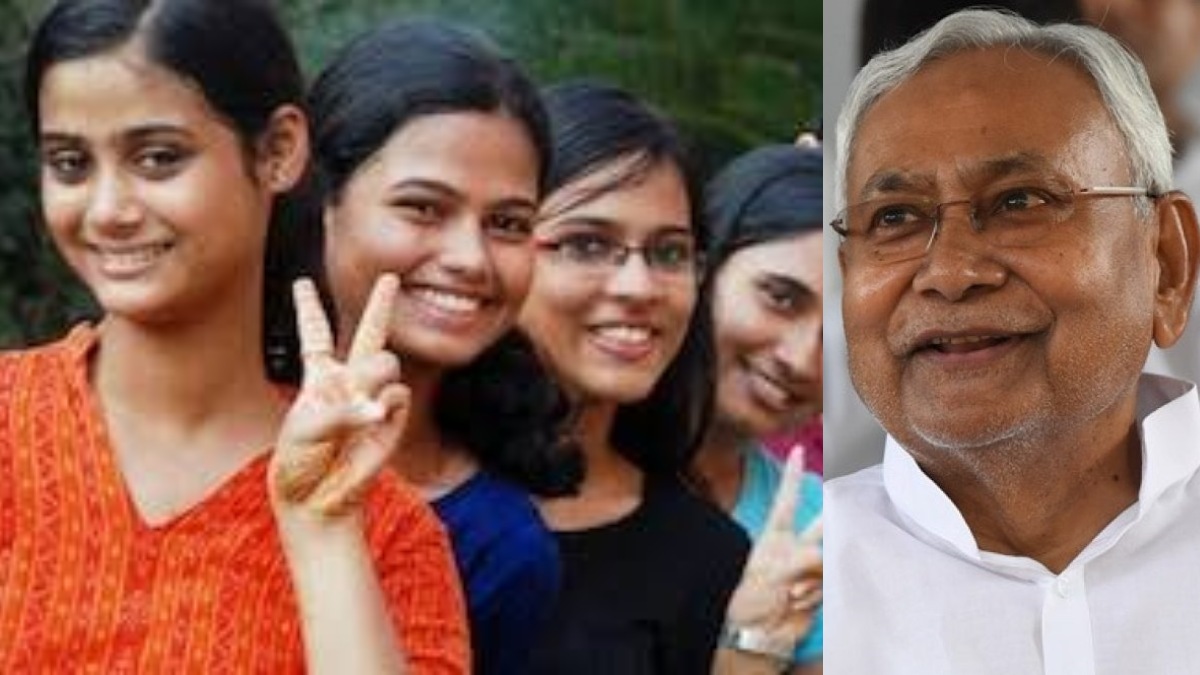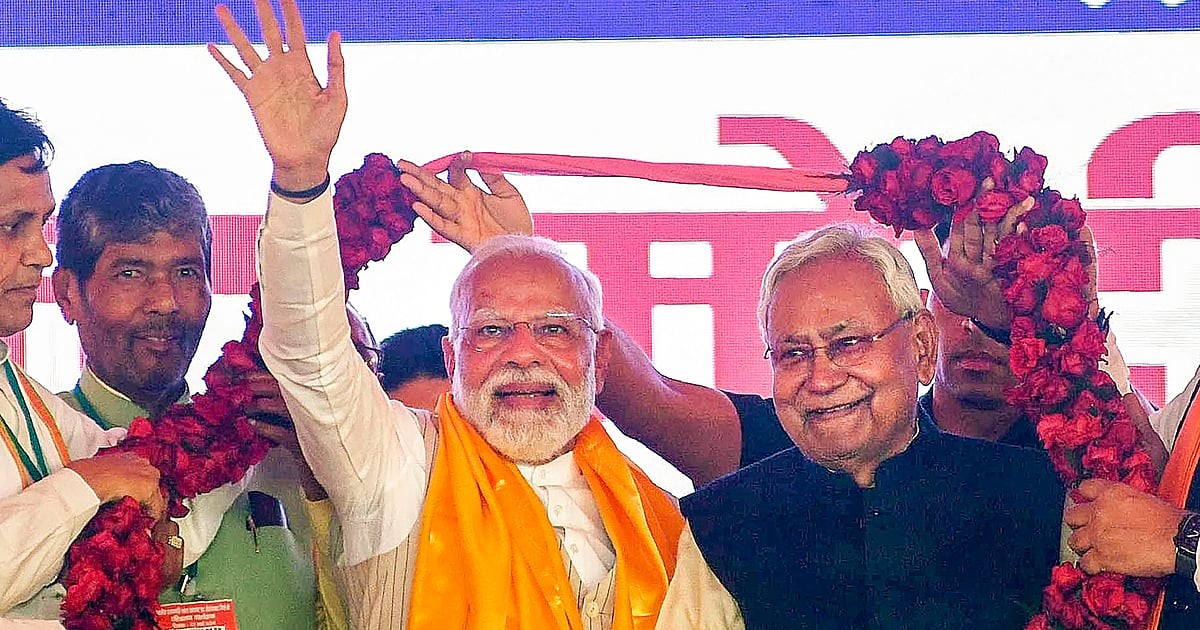In what is being widely seen as a strategic masterstroke ahead of the upcoming Bihar Assembly elections, Chief Minister Nitish Kumar has announced a 35% reservation for women in all categories of state government jobs, exclusively for permanent residents of Bihar.
While supporters hail it as a bold move toward empowering women and boosting youth morale, critics view it as yet another calculated political manoeuvre by a leader infamous for switching political loyalties, earning him the nickname Palturam.
This announcement, made during a Cabinet meeting in Patna, marks the Nitish-led NDA government’s most significant policy intervention ahead of the elections. It reinforces the government’s pro-women and pro-youth narrative, which also sinks with none other than Prime Minister Narendra Modi’s pet initiative — key demographics that could tilt the scales in an increasingly fragmented political contest.
Under the new policy, 35% of all direct recruitment vacancies across categories in Bihar’s state services will be reserved for women who are original residents of the state. This tweak — reserving the quota strictly for Bihar domicile women — is significant. Earlier, such a reservation existed but wasn’t explicitly tied to permanent residency. With this shift, the government is targeting its core voter base directly — the rural and semi-urban women of Bihar.
Nitish Kumar also used the social media platform X to underline the rationale: the need for “more women in governance and public service.” In a patriarchal society like Bihar’s, where women’s mobility and access to education have long been restricted, the announcement is not without social weight as well as a shrewd political gamble.

Adding another layer to this political strategy is the creation of the Bihar Youth Commission — a statutory body to advise the government on youth welfare, skill development, education, and employment. The commission, consisting of members under 45, will also monitor employment practices in the private sector to ensure preference for local youth.
The Youth Commission, Nitish claimed, would be instrumental in combating social issues such as substance abuse and would help draft state-wide policies aimed at uplifting the youth, who make up more than 50% of Bihar’s population. This is a direct pitch to Gen-Z and millennial voters, a demographic that has increasingly become disillusioned with traditional politics and old-guard leaders.
The timing of this announcement cannot be ignored. The state is months away from assembly elections, and Nitish Kumar’s credibility has taken a hit due to his multiple U-turns — switching between alliances with the RJD, Congress, BJP, and back again.
Despite his label as a political opportunist, Nitish still enjoys an edge among youth when compared to his primary challenger, RJD’s Tejashwi Yadav. The RJD, mired in corruption scandals involving the Lalu Prasad Yadav family, has struggled to shake off its image as a party of dynasts and scams.
By focusing on clean governance, women’s empowerment, and youth-oriented policy, Nitish is trying to rebrand himself as a developmental statesman, distancing his administration from RJD’s baggage and Congress’s indecisiveness.
Cynics argue that Nitish’s record on women’s issues and youth employment is mixed. Bihar continues to have one of the lowest female labour participation rates in India and the highest migration rate among youth due to poor job availability. While the state had earlier implemented 50% reservations for women in Panchayati Raj institutions and reserved 35% in police recruitment, implementation and follow-through remain patchy.

However, in electoral politics, perception often trumps policy. And Nitish’s move may help shape the perception that his government is actively addressing two of Bihar’s most pressing issues — unemployment and gender inequality.
Whether this reservation policy and the new Youth Commission translate into electoral gains remains to be seen. But one thing is clear — Nitish Kumar has fired the first major salvo in Bihar’s political battle of 2025.
By framing the discourse around empowerment rather than caste, and focusing on women and youth instead of traditional vote banks, the NDA seems to be rewriting its Bihar’s political playbook. The challenge for the opposition — especially Tejashwi Yadav — is whether they can respond with substance or continue to be haunted by legacy issues.
In Bihar’s volatile political theatre, this could well be the difference between another term in power or a final curtain call for Nitish Kumar.




